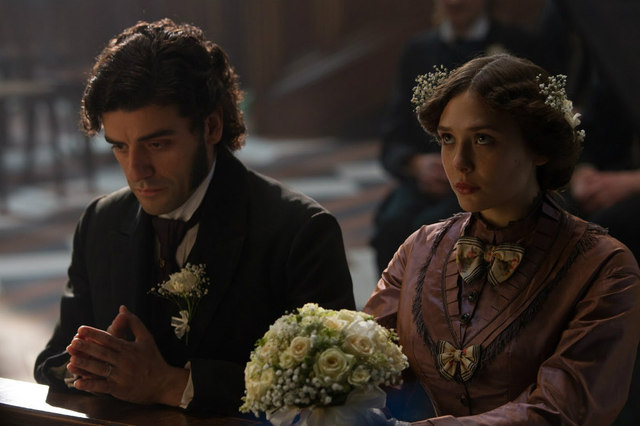Film Review: 19Th Century French Get Sexy, Scandalous With Pitch Black Romance In Secret
Americans (With English Accents, Pretending To Be French) Contemplate Sex And Death In Gloomy Love Story


This is already looking like a bad idea.


